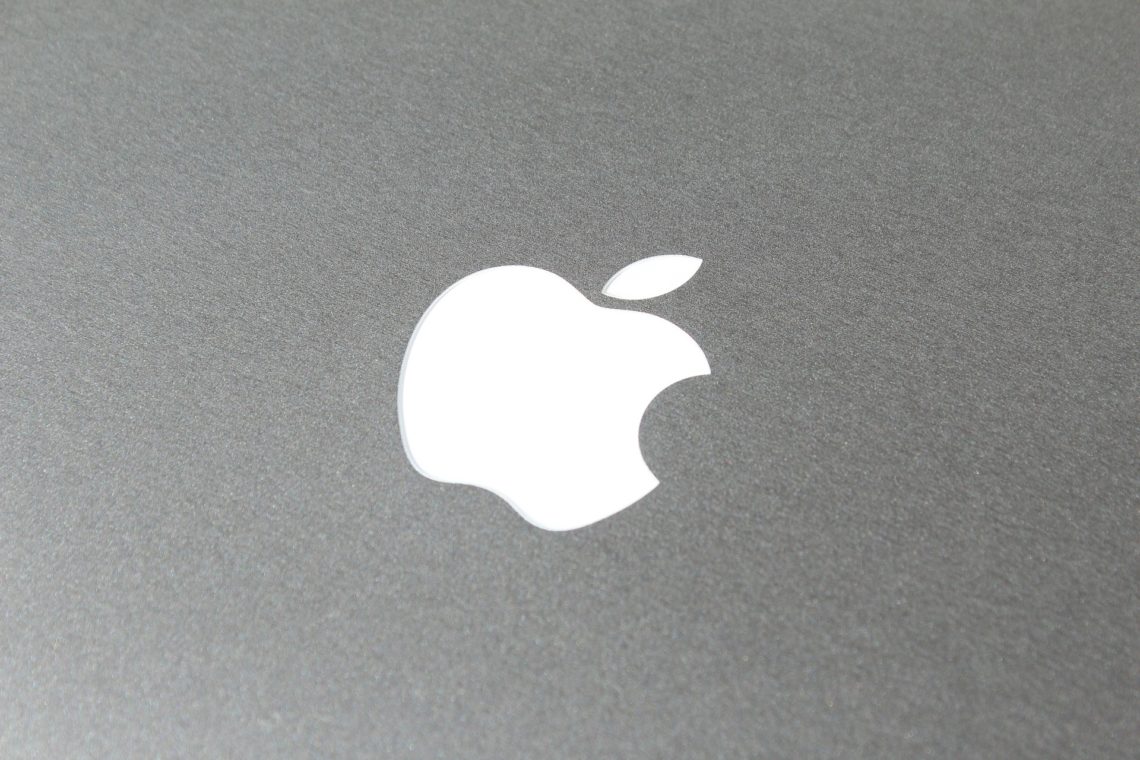- Apple is being sued for the second time for damages allegedly caused by a phoney bitcoin fraud software available in its App Store
- The class-action suit against Apple is the latest in a long line of legal actions aimed at the $64 billion App Store
- In an email, Conroy said, attackers have been employing highly sophisticated methods for years to trick unwary users into installing phoney apps from the app stores in order to implant malware and compromised credentials
Apple is being sued for the second time for damages allegedly caused by a phoney bitcoin fraud software available in its App Store. In a class-action lawsuit filed on Thursday, the named plaintiff – Maryland resident Hadona Diep, who is described as a full-time cyber-security IT professional accused Apple of knowingly authorizing a malicious application in its App Store, which resulted in Diep losing 474 XRP tokens, valued at about $507 at the time of publication.
According to the lawsuit, Diep’s seed phrase and all of the tokens in the phoney wallet were stolen via the fraudulent software, Toast Plus, which is a parody of the genuine Toast Wallet. According to the lawsuit, the Toast Plus hoax software defrauded “hundreds or thousands” of customers and took more than $5 million in bitcoin.
The class-action suit against Apple is the latest in a long line of legal actions aimed at the $64 billion App Store. Diep’s lawsuit and others, including the developer of the FlickType app, have questioned Apple’s walled-garden approach, claiming that it keeps users safe by preventing scams and viruses from being downloaded unknowingly a claim that has been called into question by Diep’s lawsuit and others, including the developer of the FlickType app.
The App Store has also been accused of having an unfair monopoly by critics, a point of contention in the Apple vs. Epic Games case. Apple’s near-monopolistic application market, according to Diep’s complaint, requires Apple to take reasonable steps to guarantee that the goods it supplies are reasonably safe and secure.
On both the Apple App Store and the Google Play Store, scam applications have long been an issue. Apple has been chastised for unwittingly pushing fraudulent apps, with the Washington Post reporting that roughly 2% of the App Store’s top-grossing apps are frauds.
Apple appears to be struggling to prevent fraudulent apps out of its App Store, which is causing harm to both businesses and consumers. The fight against fraudulent applications is nothing new, according to Julie Conroy, head of risk insights and advice at research and consulting company Aite-Novarica Group.
In an email, Conroy said, attackers have been employing highly sophisticated methods for years to trick unwary users into installing phoney apps from the app stores in order to implant malware and compromised credentials. While app stores have review systems in place to try to detect these, Conroy continued, fraudsters have devised some creative techniques to escape detection. Conroy also noted that consumer education has been a critical component of financial institutions’ defensive strategy to safeguard customers, but that it may be difficult to implement and assess since consumers are bombarded with cybersecurity messaging from a variety of sources.

Andrew is a blockchain developer who developed his interest in cryptocurrencies while pursuing his post-graduation major in blockchain development. He is a keen observer of details and shares his passion for writing, along with coding. His backend knowledge about blockchain helps him give a unique perspective to his writing skills, and a reliable craft at explaining the concepts such as blockchain programming, languages and token minting. He also frequently shares technical details and performance indicators of ICOs and IDOs.


 Home
Home News
News










